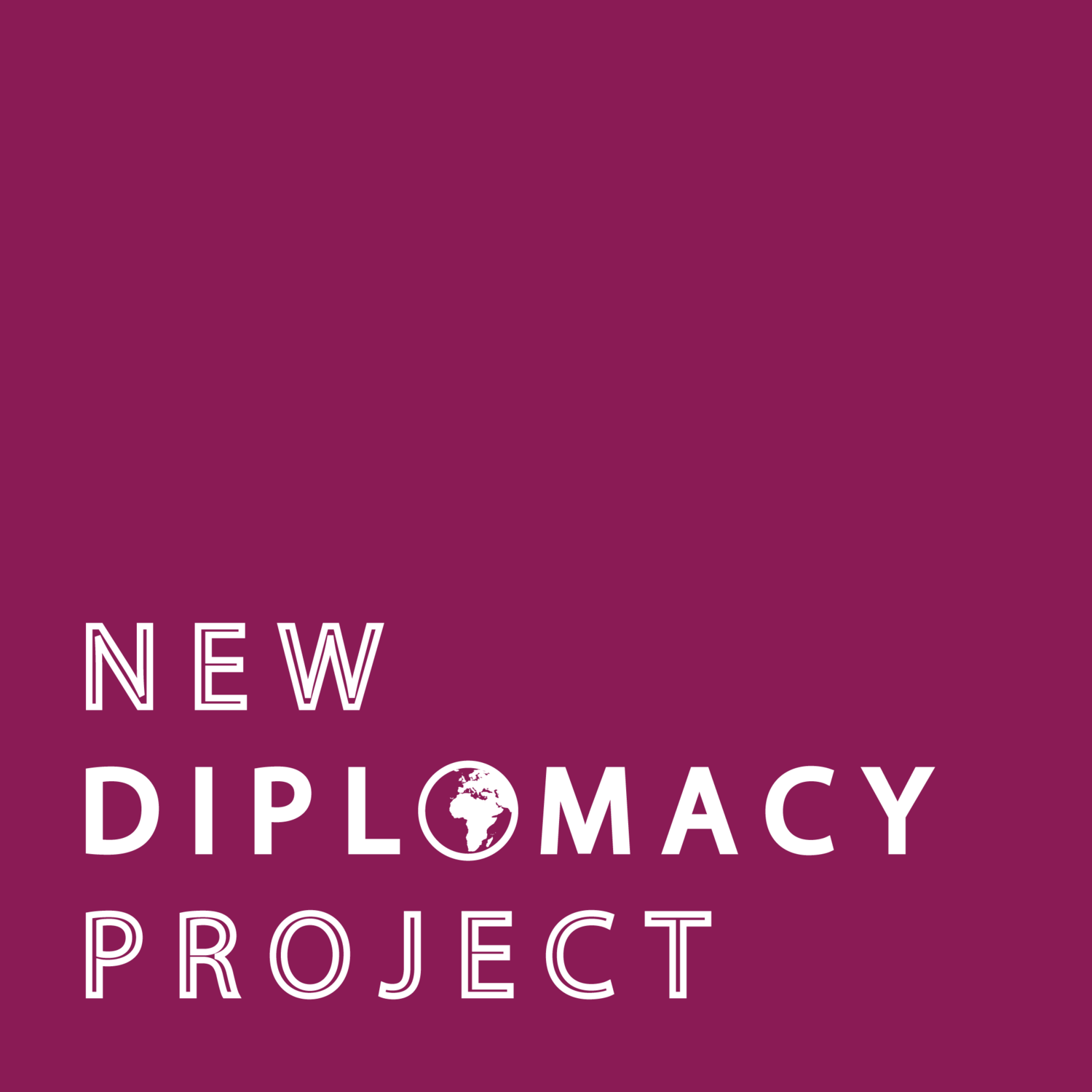The IMF and Special Drawing Rights: An opportunity for the UK to drive the global Covid-19 recovery
Top lines
The UK has an enormous opportunity to support developing countries as they recover from the Covid-19 pandemic, through supporting an International Monetary Fund (IMF) Special Drawing Rights (SDR) issuance. This would allow struggling countries to access more funds, without increasing the UK aid budget.
Developing countries are facing a much deeper and longer economic crisis than advanced economies. The IMF has assessed that developing countries need to spend an additional $500 billion by 2025 to respond to the pandemic and keep their economies growing at least at the same speed as the advanced economies.
Analysis from Oxfam shows that existing IMF Covid-19 funding to developing countries has come with pressure on poorer countries to adopt tough austerity measures. Meanwhile, advanced economies have been able to borrow huge amounts cheaply to fund their economic recoveries.
SDRs are an international reserve asset created by the IMF in the 1960s in the context of concerns over shortages of gold and US dollars. SDRs can be freely converted into major currencies and their value is based on a basket of major currencies, the current value of one SDR is £1.04.
With the new Biden administration in place, there is an opportunity for the IMF to issue SDRs to the value of $650 billion, which would give countries a significant boost in spending power.
However, SDRs need to be channelled from developed to developing countries. IMF rules mean that $440 billion of SDRs would go to advanced economies, and just $21 billion to developing countries. As President of the G7 and an influential member of the IMF, the UK must push forward ambitious proposals to increase the developing country share. Labour should call on the Government to do this. Otherwise, these reserves will sit unused on the balance sheets of advanced economies.
Labour has a strong record on international development and has criticised the Government’s decision to cut Official Development Assistance (ODA) and dissolve the Department for International Development (DfID). SDRs present an opportunity to support developing countries without revisiting debates around aid cuts.
Photo: The front entrance of the headquarters of the International Monetary Fund, 2006. E. Strathmeyer via Flickr.
